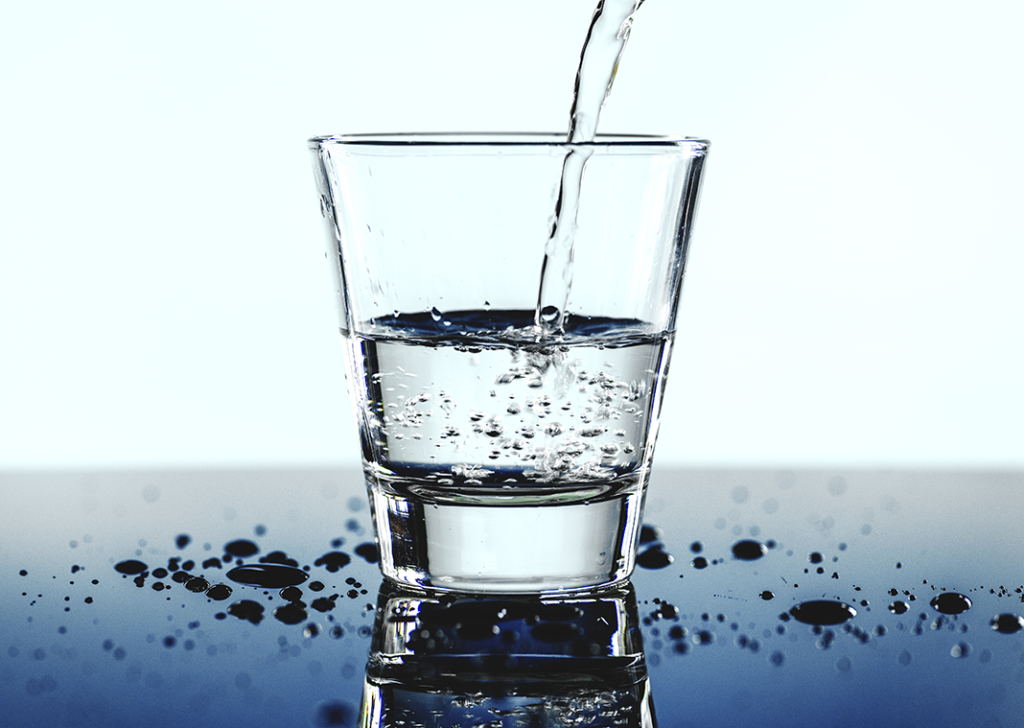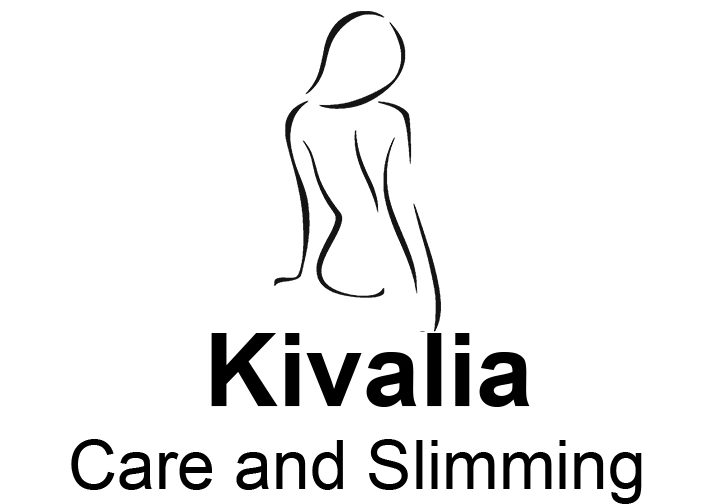What water against water retention?

Doctors and nutritionists agree that good hydration is essential to combat fluid retention.
If you suffer from this problem, how do you choose your drink? Focus on the drinks you should choose to reduce oedema in your limbs or on your face.
Choosing the right drink
It is generally recommended that you drink plain water for quick relief from swollen limbs. Although low in nutrients, it is suitable for cleansing your body. However, you can vary what you drink, both to avoid deficiencies and for taste. For example, you can combine it with a cup of draining herbal tea every morning.
Depending on the composition, a mineral drink can also be effective. If you suffer from severe fluid retention, choose drinks rich in potassium and magnesium. Potassium helps your kidneys to function properly and helps to balance the sodium level in your blood.
Magnesium is responsible for transporting potassium in the blood. However, avoid drinks that contain a lot of sodium. They are known to promote oedema
Combine hydration with an appropriate diet
To hydrate your muscles effectively, also consider eating fruit and vegetables. Among the most popular are cucumbers, courgettes and watermelon. It is not necessary to force yourself to eat these foods. If your thighs and knees seem swollen, what can you do? Incorporating these vegetables into a healthy diet is enough to regulate nutrient intake.
To prevent the problem from recurring, limit foods that are too salty or too fatty, but don’t deprive yourself. Instead, choose foods that are rich in minerals and fibre
Causes of fluid retention
In general, fluid retention is caused by an excess of salt and sugar. The salt retains the fluids in the muscle tissue, which usually leads to swelling and pain in the feet and ankles. This is known as heavy leg problems. In more severe cases, fluid can also accumulate in the arms, stomach and face. Edema can also be caused by poorly tolerated treatment.
This is the case for people who are taking corticosteroids or medication for high blood pressure. It is strongly recommended to consult a doctor to adjust or modify the treatment. The practitioner will be able to advise you on the amount of fluid you should take, taking into account your lifestyle.
In summary, between 1.5 and 2 litres of fluids per day and dietary habits are needed to reduce the risk of fluid retention.
Contact info
- Valley tower unit 2, valley road, triq il wied, 9022 Birkirkara
- Kivaliacareandslimming@gmail.com
- (356) 7757 9478
